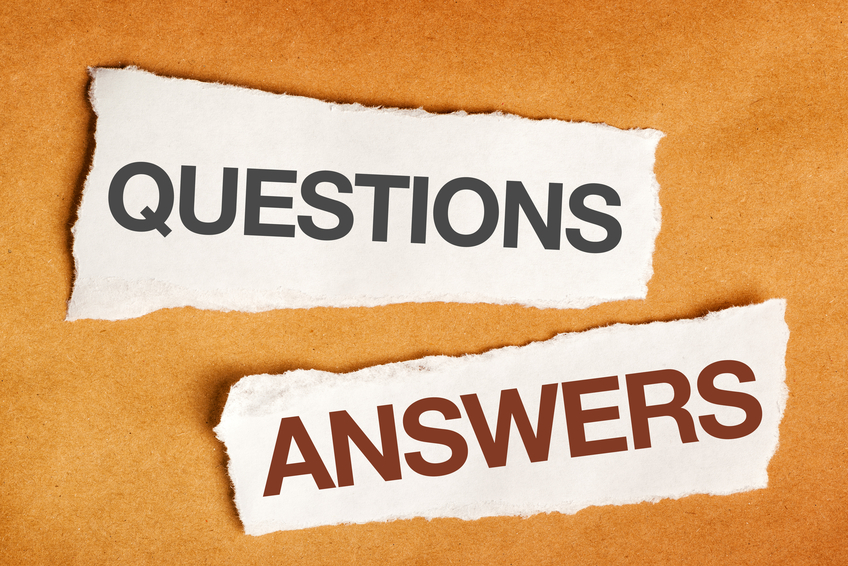In part one we learned how to probe to get meaningful answers in the interview; today we handle some behavioral interview questions.
 |
‘Tell Me About a Time …’
There are two types of behavioral questions, situational (what would you do) and past behavior (what have you done).
In situational questions, interviewers present the candidate with a scenario and ask what he or she would do in that situation.
For supervisors, for example:
[YOU ASK] You are an assistant plant manager, and you notice an oil spill in the forklift area. You call to one of the workers there to clean up the spill. She says she didn’t spill it, so she won’t clean it up. What do you do?
For an HR manager:
[YOU ASK] You hear from someone outside the company that he has heard of some sexual harassment going on. What steps, if any, do you take?
[YOU ASK] An employee comes to you and says, “I don’t want you to take any action, or tell anyone about this; it has to stay confidential, but I just want it on the record that I talked to you.” What’s your reaction to the employee?
[YOU ASK] You come across information (find a printout in the printer, overhear a conversation, get an e-mail intended for someone else) that you weren’t supposed to have.
These situational questions can be very effective but don’t be locked into expecting a specific answer. First of all, candidates can’t be expected to be familiar with your culture and your operations, but also, the candidate’s response may be more creative than yours!
Some behavioral interviewing seeks to find out about how the candidate behaved in the past with the assumption that he or she will continue to behave that way in the future. Responses to situational interview questions can be compared to the effective behavior described by the incumbent employee, the supervisor, or other sources. Such “behavioral” interviewing questions include:
- What specific duties did you perform on your last job?
- How do you spend a typical day at your current job?
- Tell me about a major project or accomplishment of which you are proud.
- Can you describe an instance when you worked as a team member?
- What are some of the things in a job that are most important to you?
- Tell me about a time when you had to convince others to follow your lead.
- Tell me about a time when you had to do something with which you didn’t agree.
Different jobs, different organizations, different interviewers will call for different questions, but the suggestions above are worth a try—you may find a diamond in the rough, or you may avoid a disastrous mishire.
